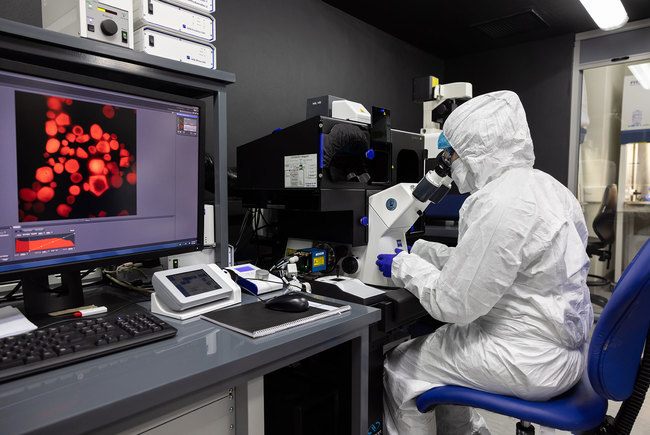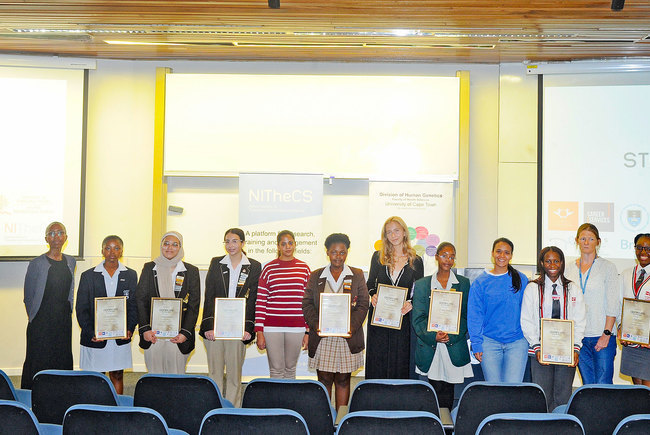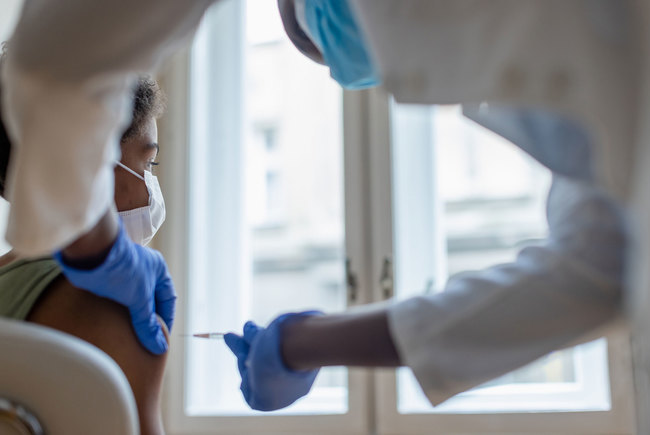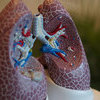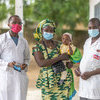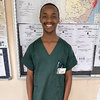Actively searching out TB cases ‘critical’
13 July 2020 | Story Niémah Davids. Photo Adobe Stock. Read time 6 min.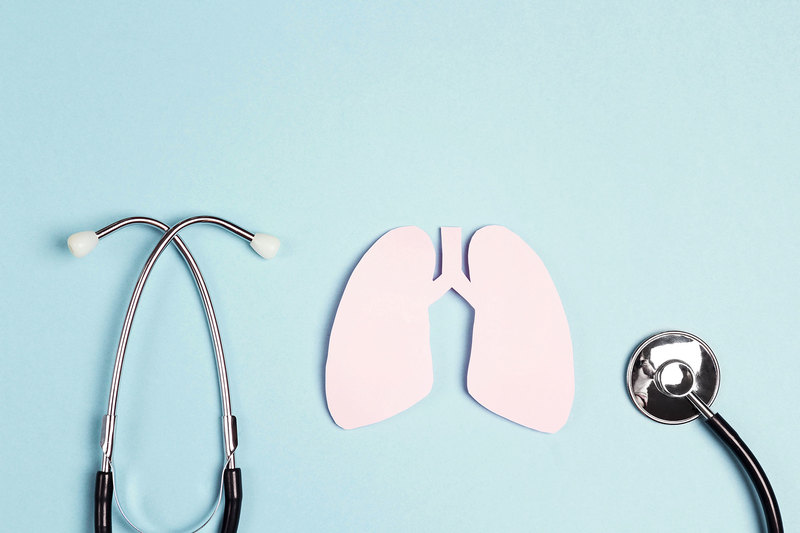
“A burgeoning epidemic of drug-resistant tuberculosis (TB) threatens to derail global control efforts [of the disease],” and countries like South Africa must shift gear to actively search out drug-sensitive and drug-resistant cases, renowned researcher Professor Keertan Dheda wrote in a recent paper published in the leading medical journal Nature Medicine.
Dheda is head of the Centre for Lung Infection and Immunity at the University of Cape Town’s (UCT) Lung Institute. His paper titled “Bacterial and host determinants of cough aerosol culture positivity in patients with drug-resistant versus drug-susceptible tuberculosis”, was funded by the National Institutes of Health in the United States.
“TB remains the foremost infectious disease killer globally.”
Speaking to UCT News, Dheda said TB remains the “foremost infectious disease killer globally” and kills around 60 000 people in South Africa per year. Astonishingly, he added, two out of five TB cases globally go undiagnosed or undetected. But transmission of the disease is still poorly understood.
In this article, he unpacks the paper he produced with a team of researchers. He highlights the findings and discusses the next steps for TB research in South Africa and the world.
What researchers know about TB
TB is spread by infectious aerosol, which refers to small bug-containing particles of less than 10 micron (millionth of a metre) in size. Aerosol is different from respiratory droplet particles (a small droplet produced by exhalation or coughing and consisting of saliva or mucus derived from respiratory tract surfaces) of more than 10 micrometres in size.
Particles between 10 and 100 microns usually drop to the ground slowly, but if inspired, can often remain trapped in the nose. In contrast, 100 micrometre particles drop to the ground rapidly and are not normally inhaled. Researchers have found that it’s the TB bug in the tiny aerosol particles, spread by coughing and sneezing, that are inhaled deeply into the lungs and set up the potential for developing pneumonia later on.
In this study researchers used novel aerosol sampling technology, which enumerates the number of bug-containing particles in aerosol and enables scientists to characterise the degree of infectiousness of TB cases.
It remains unclear why some patients are more likely to spread TB than others, and it is widely believed that drug-resistant TB patients are less efficient at spreading the disease.
Research results
Of the 452 TB patients surveyed for this research paper (227 with drug-resistant TB), 30% were cough-aerosol positive and those with drug-resistant TB were as infectious as those with drug-sensitive TB. Yet, all patients surveyed recorded positive TB sputum test results and only 10% were highly infectious.
Interestingly, researchers found no genetic variants in patients who tested cough-aerosol positive, versus those patients who were cough-aerosol negative (though they initially predicted that particles taken from cough-aerosol positive patients were likely to have a genetic make-up better able to withstand the environmental stress of transmission). Instead, this research indicated that younger, healthier TB patients with very few symptoms were likely to be more infectious.
What’s interesting
Researchers found no genetic variations in TB bugs associated with high TB aerosol counts. This suggests that epigenetic factors (the study of heritable phenotype changes that do not involve alterations in the DNA sequence) are likely important or that the host responses of those being infected are more important than the genetic make-up of the bug.
“Scientists need to shift targeted intervention to patients with minimal symptoms in vulnerable communities.”
These findings are likely to steer global research in a completely different direction.
What these findings mean for TB research
The paper’s findings suggest that scientists need to shift targeted interventions to patients with minimal symptoms in vulnerable communities to minimise the spread of the disease.
But, according to scientists, it’s often these patients who don’t seek care and go undiagnosed for months and sometimes even years. Therefore, South Africa needs efficient and effective methods of identifying infectious patients with TB – by either using a low-cost device or a biomarker (an indicator that measures someone’s likelihood of TB transmission).
Robust transmission of drug-resistant TB continues to occur. Researchers stressed the importance of examining all TB patients for drug-resistance in order to begin a proper treatment plan.
Next steps
Actively searching for cases of drug-sensitive and drug-resistant TB in our communities is critical – this approach is new for South Africa and the world. Currently, clinicians rely on passive case finding, which refers to examining and testing walk-in clinic patients only.
To address this, academics at UCT have developed a package called ‘XACT’ that is set to revolutionise TB diagnosis and treatment by enabling early detection of infectious cases and taking molecular diagnostics – the technique used to diagnose and monitor a disease – out of the laboratory and into the community.
In this innovative TB testing model, health professionals will make use of a portable, battery operated molecular tool, GeneXpert Edge – a standardised testing device that detects TB DNA in sputum. The testing will be done in a low-cost, panel van-sized mobile clinic.
This approach has proven feasible and can easily detect infectious patients. It will now be validated in three African countries in a study funded by the Wellcome Trust, Medical Research Council (United Kingdom) and the European Union.
 This work is licensed under a Creative Commons Attribution-NoDerivatives 4.0 International License.
This work is licensed under a Creative Commons Attribution-NoDerivatives 4.0 International License.
Please view the republishing articles page for more information.
Faculty of Health Science News










